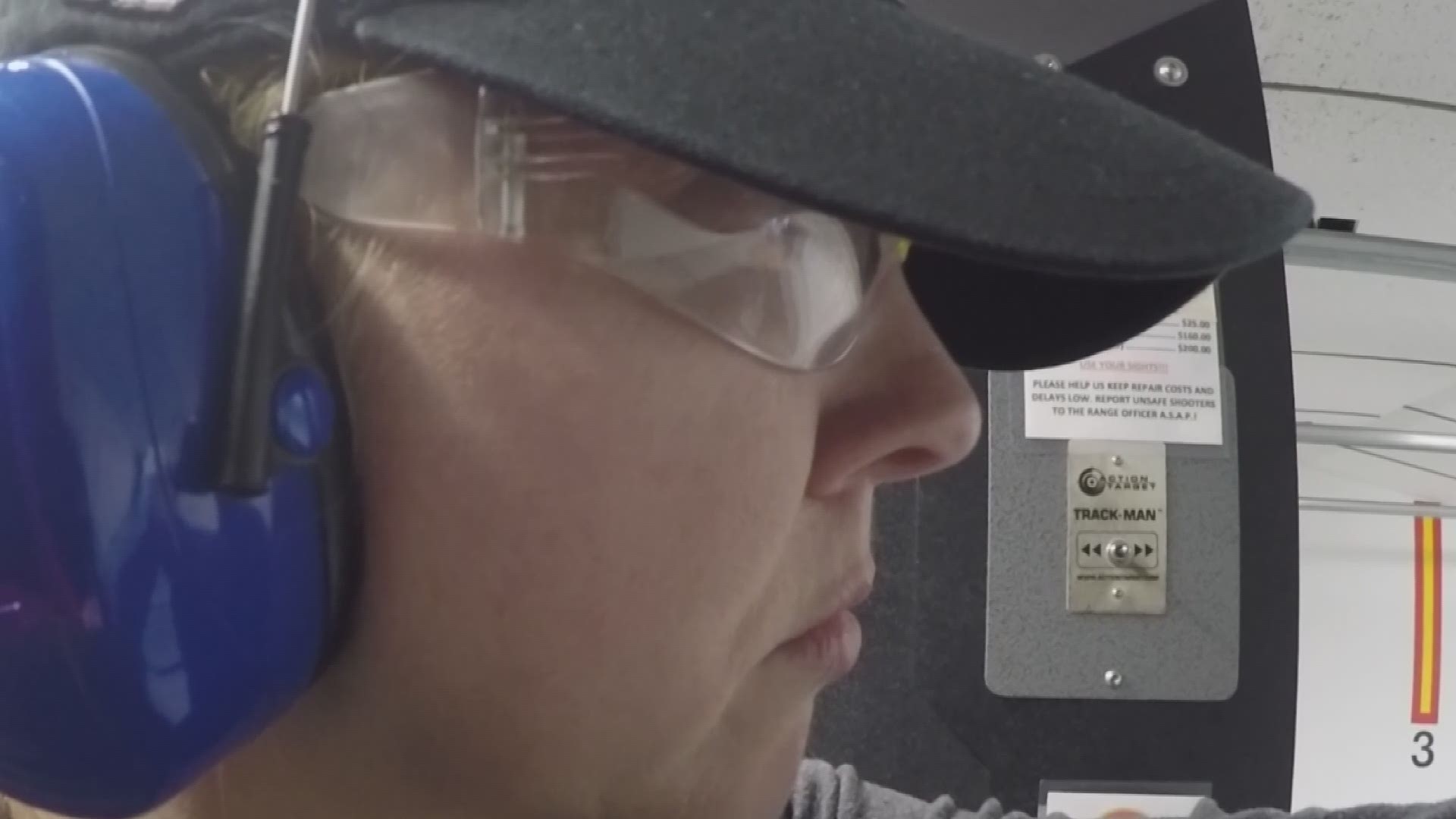MARYLAND HEIGHTS, Mo. — After nine years of fear, a Maryland Heights woman is finally getting the answers she needs to feel safe. She reached out to the 5 On Your Side I-Team and is already seeing the results.
Paula Frey says she and her daughter have been stalked by Brandon McCormick, a former high school classmate she met at a reunion in 2010. She thought that he was staying away after she filed for protection orders in the courts, but this year she learned letters the classmate sent to the judge included admissions that he was still coming to her house, leaving unwanted gifts with neighbors and obsessing over her and her daughter.
Supreme Court rules state that the judge wasn’t allowed to read those letters. It turns out that no one did, until Frey hired a lawyer who got them from her case file.
The I-Team’s PJ Randhawa handed those letters to Maryland Heights police lieutenant Jamison White. Now, the department is opening an investigation into the allegations in the letters, including the possible violations of the protection order and other admissions that McCormick sexually abused his own young relatives.
“Now, all of a sudden there's police officers outside,” Frey said. “I was like, yes, yes. Big sigh of relief.”
Maryland Heights Police confirm they’re sending “extra patrols” in Frey’s neighborhood.
Just after Frey’s story appeared on 5 On Your Side, she got a letter stating that McCormick was caught violating the conditions of his house arrest by walking through neighbors’ backyards at night.
Court documents state that McCormick was diagnosed with schizophrenia and he has a history of erratic behavior, including skipping his medications. Neighbors who live near McCormick said they’ve encountered him before, wandering in their yards and leaving items behind at random.
Frey said she still wants a resolution to the problem that protects her and keeps McCormick safe.
“I don't necessarily know if jail is the place for him, but if that's what it is, then that's what it is, because I am tired of living like this,” she said.
In the meantime, she’s taking new precautions by arming herself.
“I would have never picked up a gun for any other reason,” said Frey. “I cannot have anxiety because this is a powerful thing that I'm having in my hands. It's a power. It's powerful.”
McCormick will be in court on Friday to answer for violating his house arrest. McCormick’s family did not return calls for comment.
In a statement, Anne Heinrich, vice president of development at Mental Health America of Eastern Missouri, wrote to 5 On Your Side that the stigma surrounding mental illness also can harm people who need help. MHA-EM sent these facts about schizophrenia and mental illness:
• Schizophrenia is a serious disorder which affects how a person thinks, feels and acts. Someone with schizophrenia may have difficulty distinguishing between what is real and what is imaginary; may be unresponsive or withdrawn; and may have difficulty expressing normal emotions in social situations.
• The vast majority of people with schizophrenia are not violent and do not pose a danger to others. Schizophrenia is not caused by childhood experiences, poor parenting or lack of willpower, nor are the symptoms identical for each person.
• While there is no cure for schizophrenia, many people with this illness can lead productive and fulfilling lives with the proper treatment.
• The vast majority of people with mental health problems are no more likely to be violent than anyone else. Most people with mental illness are not violent and only 3% to 5% of violent acts can be attributed to individuals living with a serious mental illness.
• In fact, people with severe mental illnesses are more than 10 times more likely to be victims of violent crime.
If you or a loved one need help dealing with mental illness, there are resources available. These 24-hour Access Crisis Intervention hotlines are available to Missourians in these counties:
For St. Louis City, St. Louis County, Jefferson County, and more, call Behavioral Health Response at 1-800-811-4760.
For St. Charles County and more in our region, call Compass Health ACI Hotline at 1-800-833-3915.
You can find a list of Community Mental Health Centers on Missouri's Department of Mental Health website.
Illinois residents can reach their nearest Community Mental Health Center by calling 1-800-843-6154. The Illinois Department of Human Services also offers a list of crisis mental health partners arranged by city.
More I-Team investigations:
- She put her father in a nursing home and he ended up being killed by a convicted murderer
- Metro East 'vanishing mechanic' charged with deceptive practices, turns self in
- ‘Unfortunately nothing we can do’ | Florissant police accused of not doing enough in investigating child abuse
- Artist sketches portrait of what Angie Housman would look like today for her father

